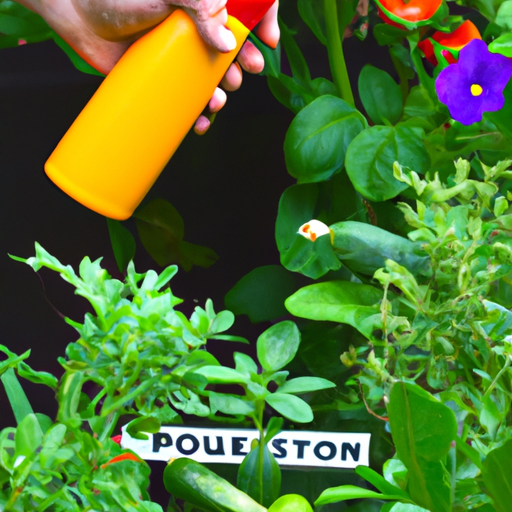Pesticides in Home Gardening: An In-Depth Analysis
The use of pesticides in home gardening is a controversial topic that significantly impacts the approach gardeners take to ensure their plants grow healthily. This article will examine the potential benefits and drawbacks of using pesticides, considering both the perspectives of proponents and opponents.
Why Do Many Households Opt for Pesticides?
Pesticides are popular because they effectively control pests that can severely damage or kill plants. They act as a protective barrier, preventing pests from wreaking havoc in the garden. However, this efficiency comes with its share of problems.
Impact on Garden Health and Biodiversity
Excessive pesticide use can harm the health of the garden. It can decrease soil fertility, trigger chemical imbalances, and kill helpful organisms that contribute to the garden's ecological balance. In terms of biodiversity, pesticides do not differentiate between harmful pests and beneficial insects, like bees and butterflies. Hence, they can disrupt the ecological balance, leading to decreased pollination and a drop in the overall health of the garden.
Effects on Human Health
Many pesticides have been linked to health problems in humans, including skin irritations, respiratory issues, and even more severe conditions, such as cancer and neurological disorders, due to prolonged exposure. Children are particularly susceptible to these risks because of their developing immune systems.
Alternative Solutions
Due to these concerns, many people seek out alternatives to traditional chemical pesticides. Bio-pesticides, produced from naturally occurring substances, can selectively target harmful pests, thereby reducing the impact on beneficial organisms and biodiversity. Organic pesticides, made from ingredients like garlic, chili peppers and dish soap, can be just as effective as synthetic pesticides against certain pests, with a much-reduced impact on human health and the environment.
Informed Decision-Making
Gardeners need to approach pesticide use with a balanced perspective. It is important to weigh the benefits against potential harm. This might include considering alternatives to traditional pesticides, researching pesticide toxicity, testing soil regularly, and adhering to recommended pesticide application guidelines. Moreover, natural pest control methods, such as companion planting and encouraging beneficial insects, can provide effective and sustainable pest management solutions.
Ultimately, the decision to use pesticides in home gardens should be guided by an informed understanding of the potential impacts on our health, the environment, and the biodiversity we share our spaces with.
















Comments
Leave a Comment